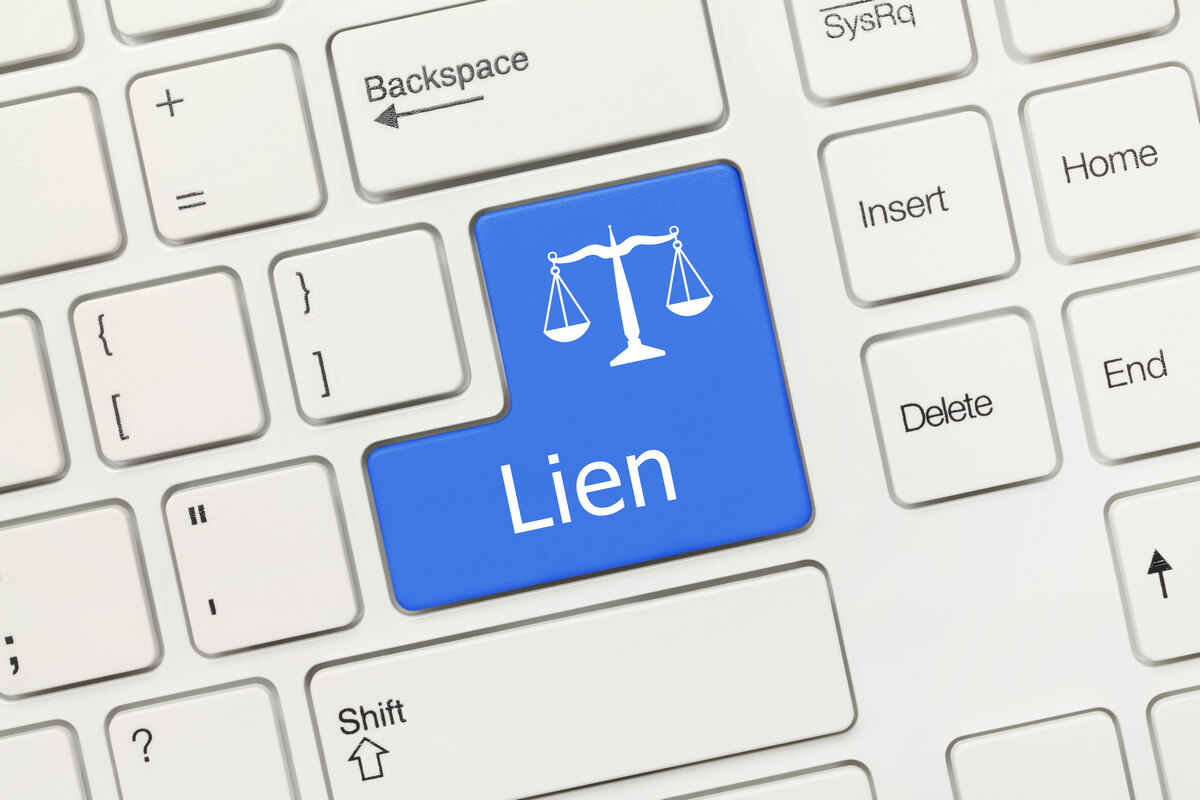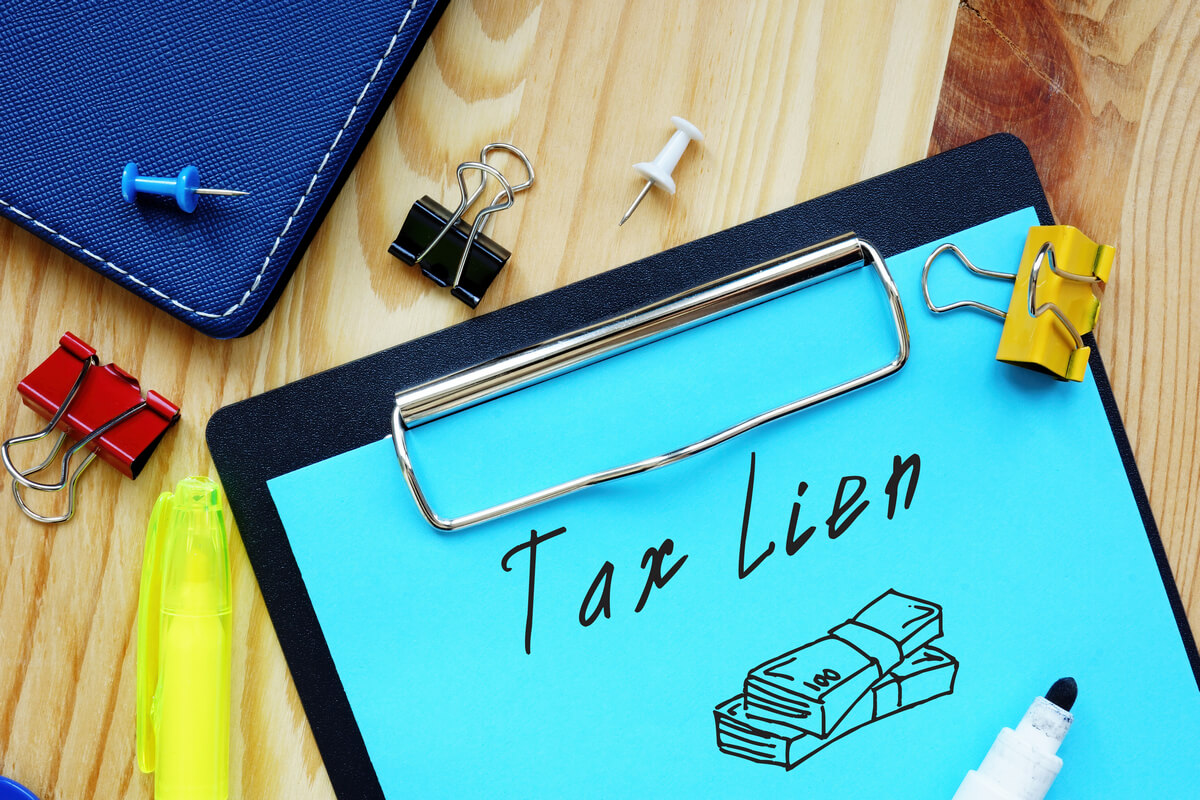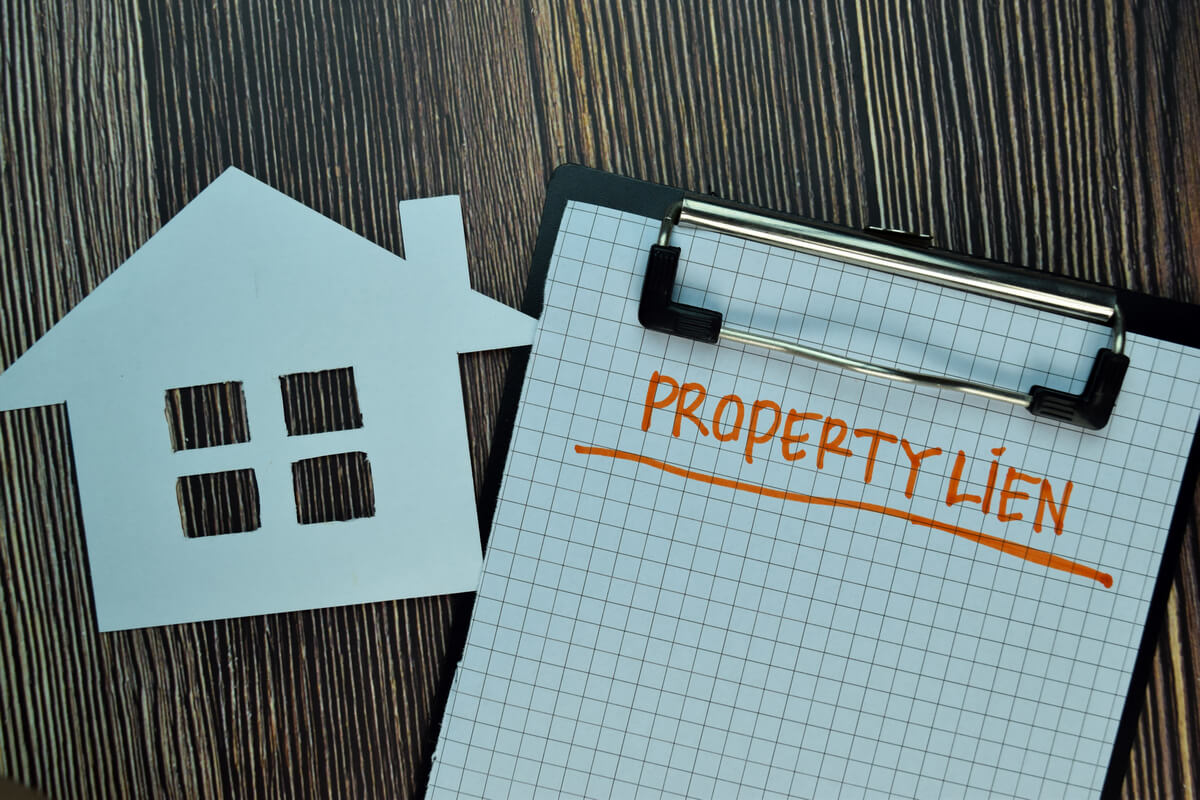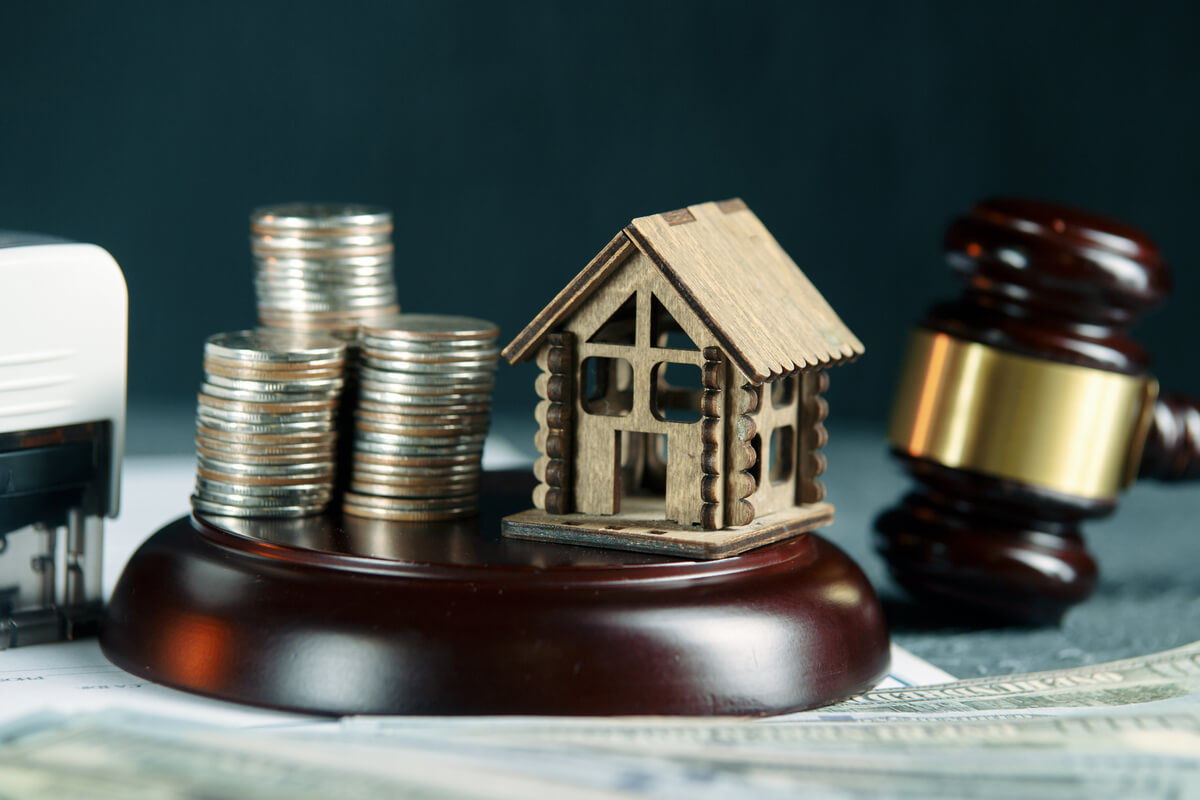Before buying a home, it’s important to run a title search to make sure the property is in good standing. Unfortunately, you may conduct a title search on a home you love and discover the property has a lien against it. Now, you have to decide whether to continue pursuing the sale or move on.
It is possible to buy a home with a lien, but it can make the transaction lengthier and more complicated. In some situations, though, buying property with a lien is worthwhile. If you’re interested in a home with back taxes or a lien, you should know what to expect from the buying experience.

What Is a Lien?
A lien is a legal claim on your home or on another asset. If you owe your creditor money, they can claim a lien on your house. Then, if you don’t pay your debt, they can take your home as a payment.
Liens are filed through your county records office, so they’re public record. This is helpful for potential buyers as you can look up the home to find out if the property has a lien.
The most common type of lien is a tax lien, which is filed when the homeowner doesn’t pay their property taxes. However, creditors can put a lien on a home for a wide variety of debts. For example, the property could have federal tax liens, child support liens, or liens from personal loans, medical bills, or credit card debt.

Risks of Buying a Home With a Lien
Buying a home with a lien against it is risky, so you should weigh the pros and cons of the sale before committing. The lien is attached to the property, not to the person who accrued the debt. If you buy the home, the lien becomes your responsibility.
It’s also important to consider the other implications of a seller who has a lien against their home. If they haven’t been able to keep up with their mortgage or tax payments, they may not have kept up on their home maintenance. Repairs and replacements are expensive, so you may inherit a number of old or faulty appliances and systems when you buy the house. Even if the home looks good on the surface, it may need repairs after a long period of neglect due to financial hardship.

Should You Buy a Home With a Lien?
You’ll have to compare the cost of the lien with the home’s potential to decide whether or not the sale is worth it. To make an informed decision, research what similar homes in the area sell for and how the real estate market has been trending in the neighborhood.
It’s impossible to predict with certainty where the market will go, but some areas are expected to become more competitive in the next five to 10 years while others will likely decrease in popularity. If you expect the home’s value to increase substantially while you live there, it may be worthwhile to pay the lien or back taxes.
Work with a realtor who knows the area. Your real estate agent can tell you if the deal is worth it or if you’d have more success by moving on in your search. They also can assist in finding the best way to negotiate the lien with the seller if you choose to move forward with the transaction.

How to Buy a Home With a Lien
Sometimes, people lose interest when they discover a home they’re interested in has a lien. You don’t have to lose hope, though. If you love the home, you may be able to work it out.
A home with a lien cannot be sold as-is. Before you purchase the property, you need a strategy to pay it off. Work with the seller of the home to devise a plan. In many cases, the seller negotiates with their creditors to reduce the value of the lien. Lenders would rather receive some payment than none, so they may offer a reduction on the debt or eliminate the interest.
If the seller has enough equity in the property, they could include the value of the lien in the home’s price. Properties with a lien tend to be less competitive than properties without because many buyers don’t want to deal with the lien. The seller is likely to accept an offer over their asking price if it allows them to pay back their debt and remove the lien.
Sometimes, though, the homeowner does not have enough equity in the home to pay off the debt with the sale. In this case, short sale may be the best option. A short sale is a petition that allows the homeowner to sell the property for less than their remaining mortgage balance.
If the lien is with the mortgage company, the lender may be willing to release the lien in a short sale. Although the lender will take a loss with this deal, it’s better for them to recoup some of the mortgage debt than to have the homeowner’s payments stop entirely. The homeowner will have to prove financial hardship to be approved for a short sale.
You should be cautious when buying a property with a lien against it. Work closely with your realtor to determine whether or not the purchase is a wise financial move. The seller may not be able to cover the cost of the debt, and petitioning for a short sale to settle the debt can make the home buying process even longer than usual. However, if you love the home and plan to live it in for a long time, the purchase can be worth the extra steps.

